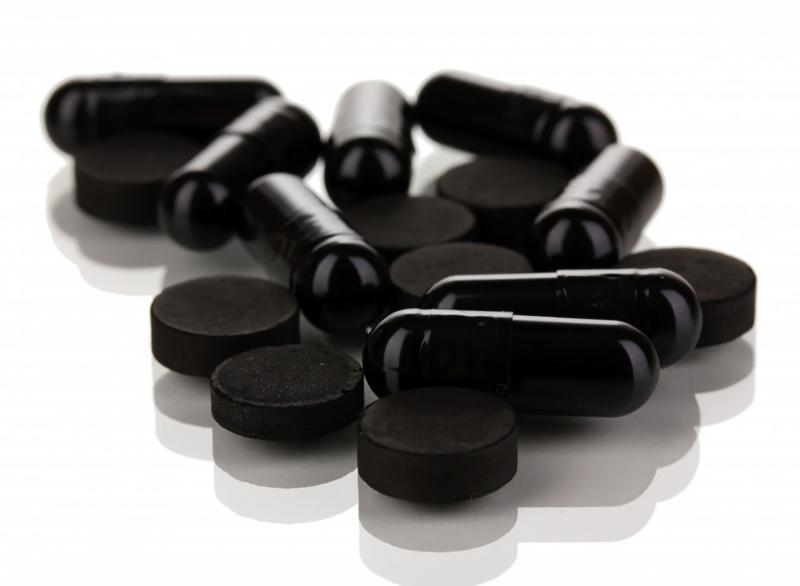
Complimentary Story
Did you know that there is a substance that can help bring relief and healing to inflammation, metabolic problems such as jaundice, gastrointestinal problems like diarrhea, infections, allergic reactions, various chemical/gas poisoning, drug overdose, and organ toxicity? Activated charcoal has been one of the most effective agents in helping fight against various maladies.
What is activated charcoal? Activated charcoal is not the same as the plain charcoal, produced from the regular burning. So eating the charcoal from burnt toast won’t give you health benefits. Activated Charcoal is made from burning organic material using high temperature and pressure. This increases the amount of crevices (surface area) in charcoal, thereby enhancing the ability to cause substances like toxins to be absorbed.
Usage:
Activated charcoal can be used both internally and externally. Here is a list of conditions activated charcoal is used in bringing healing and relief:
• Digestive problems
• Diarrhea
• Indigestion
• Nausea and Vomiting
• Cases of Poisoning
• Sore throat
• Insect bites
• Infected wounds
• Inflammation
Despite these wonderful effects, activated charcoal doesn’t function effectively in adsorbing all substances, toxins, etc… Here are some of the things that are important to take note.
1) Charcoal is not very effective in adsorbing:
• corrosive agents
• petroleum products (e.g., cleaning fluid, coal oil, fuel oil, gasoline, kerosene, paint thinner)
• alcohols
• salts (NaCl)
• cyanide
• nutrients (Thrash, 1981)
2) Charcoal should not be eaten with meals or taken with medications.
Despite the fact that it doesn’t really affect the body’s nutrient intake, it’s recommended to avoid having charcoal along with meals. As stated in Dr. Thrash’s book, Home Remedies - Hydrotheraphy, Massage, Charcoal, and Other Simple Remedies, “It has been found that there is approximately 50% reduction in effectiveness of adsorption with charcoal due to stomach contents, 30% reduction due to bile, and very minor reduction due to duodenal juice.”
Also, charcoal is known to adsorb medications thereby counteracting their effectiveness. Therefore, if you’re on medications, it is recommended that charcoal isn’t taken two hrs before and after having medication. (Mayo Clinic, 2015; Dr. Smith)
3) Drinking sufficient amounts of water along with the charcoal is important to avoid possible constipation.
It’s also important to note that certain activated charcoal products have sorbitol. Sorbitol, a sweetener, also “works as a laxative, for the elimination of the poison from the body (Mayoclinic, 2015).” Products that contain sorbitol should be given only under the direct supervision of a doctor because severe diarrhea and vomiting may result (Mayoclinic, 2015).”
Despite charcoal’s wonderful effects, we must be careful not to unnecessarily use it over long periods of time because it is possible to eventually deprive ourselves of some nutrients. Like everything else, the practice of temperance by moderate use of good things is necessary in experiencing the best benefits.
References:
Mayo Clinic. (2015). Charcoal, Activated (Oral Route) Description and Brand Names & Proper Use. Retrieved from http://www.webmd.com/vitamins-and-supplements/ activated-charcoal-uses-risks and http://www.mayoclinic.org/drugssupplements/charcoal-activated-oral-route/proper-use/drg-20070087
Thrash, A. & Thrash, C. (1981). Home Remedies- Hydrotherapy, Massage, Charcoal, and Other Simple Treatments.
Smith, R. Using Charcoal. Retrieved from http://newstartclub.com/resources/detail/ charcoal
- See more at: http://newstart.com/blog/#sthash.7qEmnEEN.dpuf



